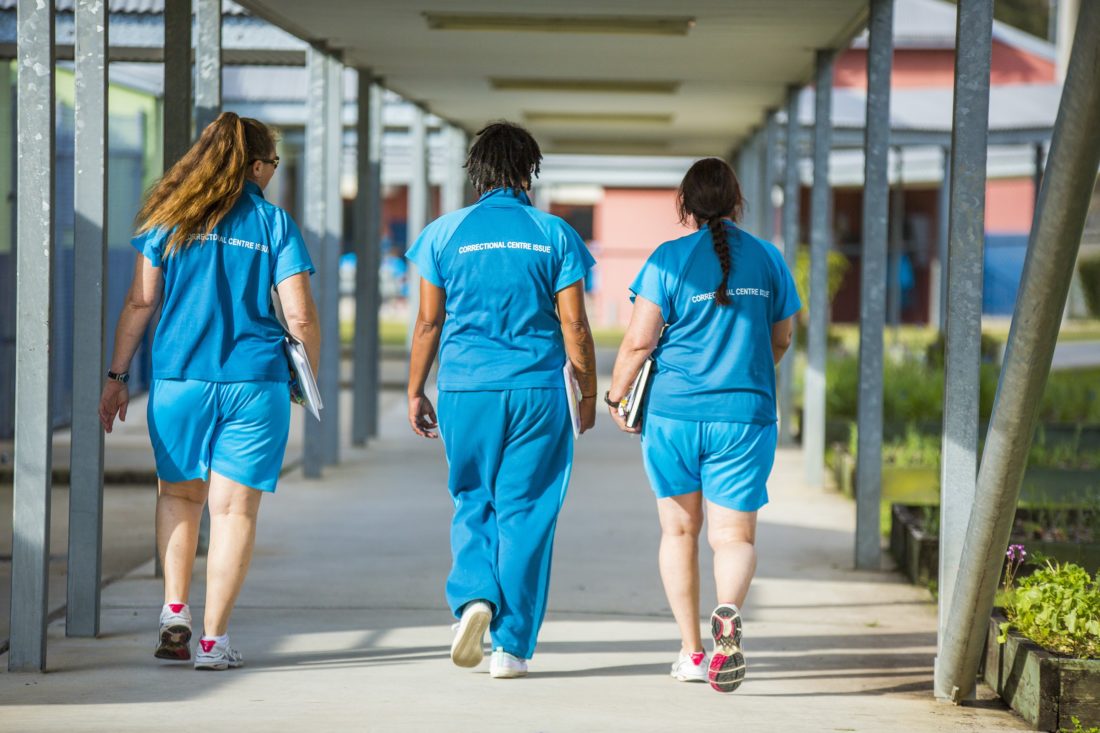Improving outcomes for incarcerated women
“The story of women’s struggle for equality belongs to no single feminist nor to any one organization but to the collective efforts of all who care about human rights.” Gloria Steinem
Incarcerated women are amongst the most vulnerable people in our society. This International Women’s Day, we are taking a look at how we are rethinking women’s imprisonment.
Women who are in prison can come from lives characterised by poverty, sexual, emotional and physical abuse, domestic violence, substance addiction and lack of education.
Their path into prison is very different from male prisoners, but because they make up only about 10% of the prison population, their unique needs and challenges need to be addressed in a system ostensibly designed to manage men.
Queensland Corrective Services is looking to change this by adopting a gender-appropriate trauma-informed approach to managing women prisoners with the goal of offering them the chance to truly rehabilitate and escape the cycle which led them to prison.

We know the complex needs, risks, and root causes of incarceration of female offenders differ greatly to those of male offenders.
We are committed to implementing evidence-based best practices, and breaking the cycle of reoffending.
We started this work in July 2018 with Operation Elevate, when we recommissioned Southern Queensland Correctional Centre as a women’s prison, alleviating overcrowding and increasing prisoner’s access to healthcare, vocational training and employment opportunities. It also meant women with babies and young children had access to purpose-built facilities and doubled the number of mothers and babies units in South East Queensland.
Research tells us the likelihood of successful community re-entry for women is maximised when interventions are specifically designed to treat their needs.
87% of women in custody have been victims of child sexual abuse, physical violence or domestic violence – 66% of whom have been victims to all three types of abuse.
The review of the management of women in custody is a new project designed to revolutionise the way we work with female offenders to address the underlying causes of their offending behaviour, prepare them for successful release and achieve long-term results. Importantly it will be underpinned by the application of the Human Rights Act.
The dislocation of women from families can have long term effects on children and be a causal factor in intergenerational reoffending. We know that having one parent in prison makes children nine times more likely to become incarcerated themselves.
Turning around the life of one woman in our care has the potential to create a flow-on effect with a much bigger impact on the whole of society.

